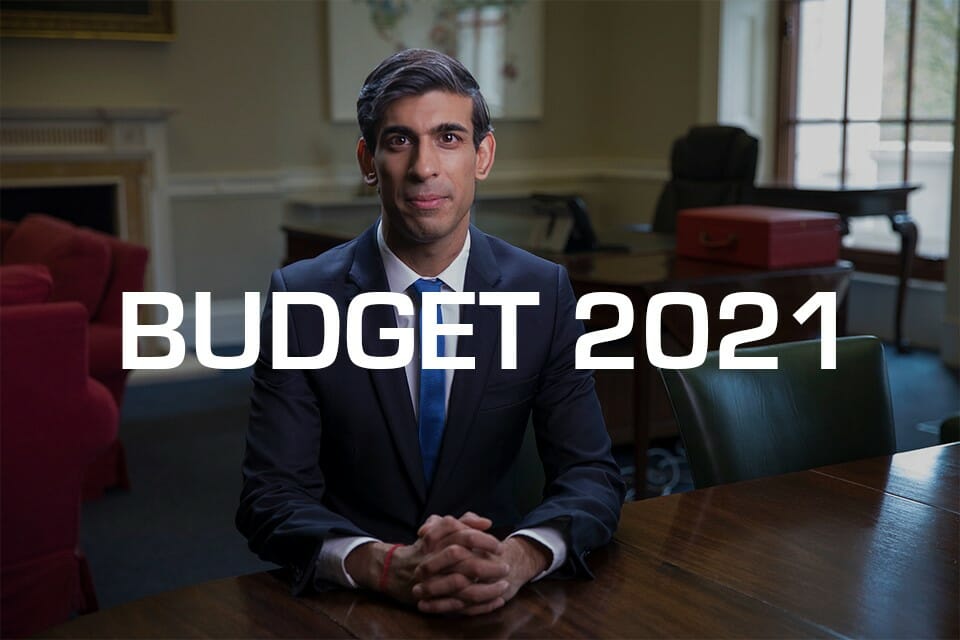Subscribe to Our Newsletter
Subscribe to our newsletter to stay updated on our news
Value Added Tax (VAT) in the UK: An Overview of the Different VAT Rates
BILLY EDWARDS
An Introduction to VAT in the UK
Value Added Tax, or VAT, is a tax imposed on the sale of goods and services in the United Kingdom.
Understanding the different VAT rates, exempt supplies, and the domestic reverse charge for VAT is essential for businesses owners to prevent fines and penalties from HMRC.
The Standard 20% Rate of VAT
The 20% Standard Rate of VAT is the most common VAT rate and applies to most goods and services.
This rate is applied to the sale of most goods and services in the UK, including luxury items, digital services, and many others.
The 20% VAT rate is a tax on the supply of goods and services and is added to the sale price of the items being purchased.
The 5% Reduced Rate of VAT in the UK
In the UK, the 5% reduced rate of VAT applies to a range of goods and services, including domestic fuel and power, the installation of energy-saving materials in residential accommodation, children’s car seats, sanitary products, and mobility aids.
This reduced rate of VAT is intended to make these essential goods and services more affordable for consumers.
The Zero Rate of VAT in the UK: Essential Goods and Services Explained
The zero rate of VAT in the UK applies to certain essential items, such as certain food, children’s clothing, books, and newspapers.
These items are considered essential and are therefore eligible for the zero rate of VAT.
This means that no VAT is added to the sale price of these items, making them more affordable for consumers.
Exempt Supplies for VAT: What You Need to Know
In addition to the standard rate of 20%, the reduced rate of 5%, and the zero rate, there are also certain supplies that are exempt from VAT.
Exempt supplies include the sale of land and some buildings, the supply of insurance services, and the supply of education and training.
These supplies are not subject to VAT, and businesses are not able to recover the VAT they have incurred on the purchases they have made in relation to these supplies.
The Domestic Reverse Charge for VAT: Construction Industry VAT
The domestic reverse charge is a VAT mechanism that applies to certain supplies of goods and services within the construction industry.
Under this scheme, the recipient of the supply, rather than the supplier, is responsible for reporting and paying the VAT to HMRC.
This mechanism was designed to combat VAT fraud and to simplify the VAT process for businesses in the construction sector.
This is a rather complex area in the UK VAT legislation, and we recommend speaking to an expert if you are VAT registered and working in the construction industry.
Important VAT Considerations for Businesses
For businesses in the UK, it is crucial to apply the correct VAT rate, identify exempt supplies, and understand the domestic reverse charge for VAT.
Applying incorrect VAT rates can result in an unexpected VAT liability for the business and fines from HM Revenue and Customs (HMRC).
Additionally, businesses must keep accurate records of the VAT charged on their sales and the VAT paid on their purchases, as these records are necessary for submitting VAT returns to HMRC.
Conclusion on VAT
By understanding the different VAT rates, exempt supplies, and the domestic reverse charge in the construction industry, businesses can ensure they are complying with their VAT obligations.
VAT can be an extremely complex area in business, so if you need any advice or assistance please contact Edwards Bailey Chartered Accountants.
Share this article
Related Articles

The Budget 2021: Q&A Webinar with Edwards Bailey Chartered Accountants
Budget Update 2021 – Things to know Rishi Sunak’s budget update included many of the points that were expected, but also some curveballs that no one saw coming. Below we have detailed some of the key points from the budget and how they will impact you and your business. Furlough Scheme The furlough scheme has…

January Tax Accountant
Are you self employed, have investment income or rent out a property? If so, you have until 31st January 2021 to file your tax return and pay your tax liabilities on any income received between 6th April 2019 and 5th April 2020. What Information Does My Accountant Need for My Personal Tax Return? At Edwards…

Starting a New Business? – Avoid These Common Mistakes
Our philosophy is that every business is different and therefore a blanket approach to accounting services to all of our clients just does not work. Although every business is different there are some common mistakes that new business owners make. Starting a new business can be a daunting proposition and when data shows that 4…
Get In Touch
If you would like to discuss the services we offer or for a no obligation quote please contact us using the details on the right.
"*" indicates required fields
